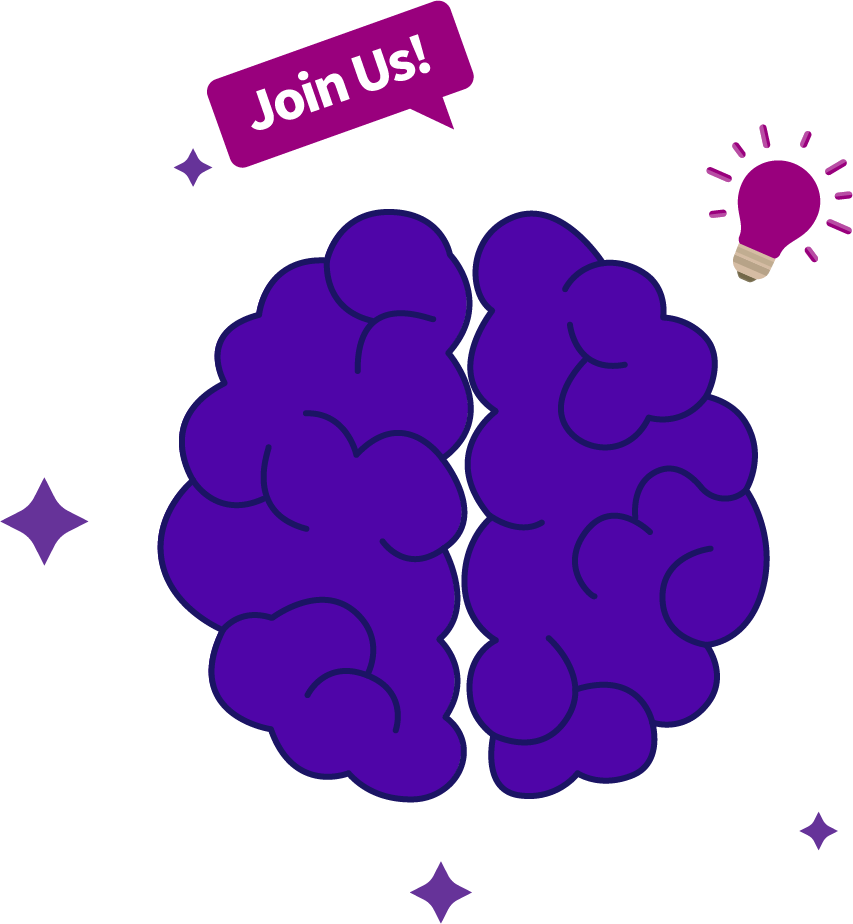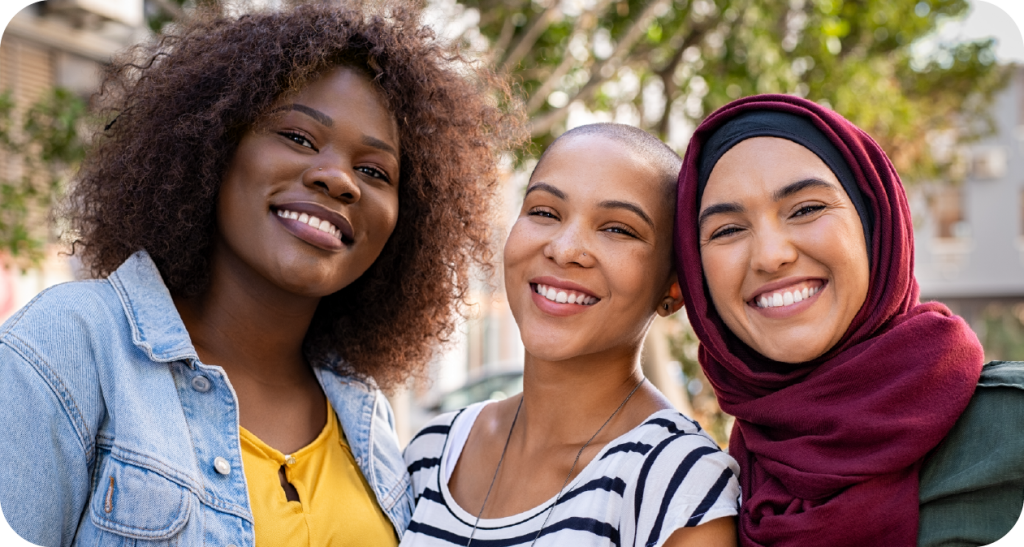
This course invites youth to explore the meaning and power of neurodiversity through real stories, everyday examples, and meaningful ways to create change. Designed and written by a neurodiverse group of young people from around the world, the course explores how the world often leaves some people out—and how we can all help make it more inclusive. Students will learn how different ways of thinking and being can strengthen leadership, build understanding, and help everyone feel like they belong. Through reflection and storytelling, youth will discover that there’s no one right way to be, and that every perspective matters.
Global Nomads uses the power of storytelling to promote empathy and bring social topics to life through day-to-day realities. Participating youth read authentic, impactful stories from youth participants around the world that reveal deep truths about global issues, then enhance the conversation by sharing their own stories with fellow Student to World users. All participants are eligible to participate in moderated live conversations with other youth from around the world.


Educators
Classroom teachers and school administrators.
Group leaders & mentors
Afterschool programs and groups, faith-based organizations, scouting, clubs, etc.
Independent learners
Individual youth participants.
Teachers, Educators, & Leaders
Create an account and invite students or youth participants.
Students
If your teacher or group facilitator gave you a code.
Independent Learners
Take a course on your own.
Includes written text, images, videos, and multimedia.
Module 1:
Understanding Neurodiversity
Explore what neurodiversity means, challenge assumptions about what is called “normal,” and discover how different ways of thinking and being can help us better understand ourselves and one another.
Module 2:
Facing Adversity
Discover how systems like school, healthcare, and other parts of society often exclude neurodivergent people, and how understanding these barriers can help us build more inclusive communities.
Module 3:
Neurodiversifying Leadership
Explore how people with all kinds of minds—neurodivergent and neurotypical—can lead in ways that are inclusive, creative, and collaborative, and learn why teams are stronger when every perspective is valued.
Module 4:
Forging Belonging
Discover how to build spaces where all kinds of minds feel welcome—and how intentional actions, big or small, can help create true belonging in your community.
Common Core Standards
English Language Arts Standards (Grades 6-12)
UN Sustainable Development Goals
Asia Society Global Education Standards
21st Century Skills
Center for Curriculum Redesign
